7 Reasons Your Hair Won't Grow
By: Pinki Tue, 10 Oct 2023 7:02:38
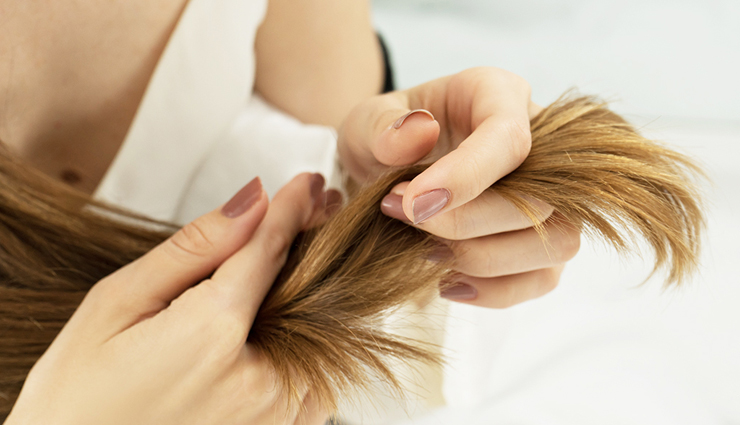
Each individual's hair follows a genetic program that dictates a specific length limit before undergoing the catagen, telogen, and exogen phases before recommencing growth.
Typically, an average person's hair grows at a rate of 6 inches per year, and the anagen (growth) phase usually spans from 2 to 6 years. However, various factors influence the hair growth cycles, which we will delve into shortly.
A study published in the journal "Animals" examined the monthly rate of hair growth in horses, measured in centimeters. While this study focused on equine subjects, it provides a fascinating insight into how seasonal changes can impact the pace of hair growth. As illustrated in the graph, horses experience their fastest hair growth during winter and the slowest during summer.
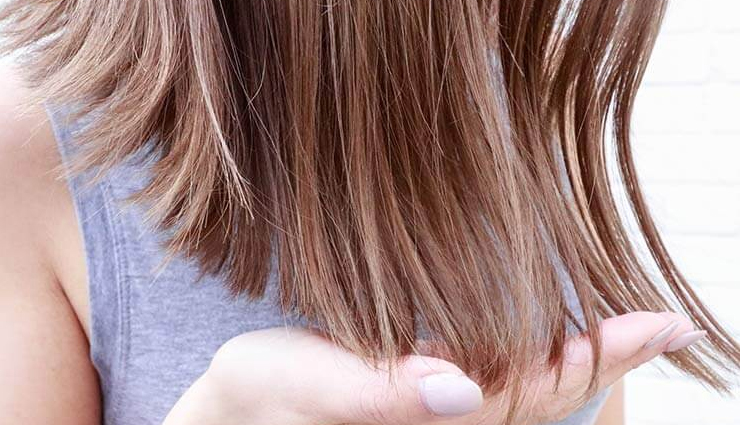
# Genetics
Were you aware that your hair's length, color, volume, and strength are determined by your genetic makeup? Indeed, genes play a pivotal role in shaping your hair growth cycle.
If you happen to possess long, vibrant, voluminous, and robust hair without investing much in its upkeep, you can attribute it to your genetic inheritance. On the contrary, if you're looking to prevent hair thinning and boost growth, you might need to exert additional efforts.
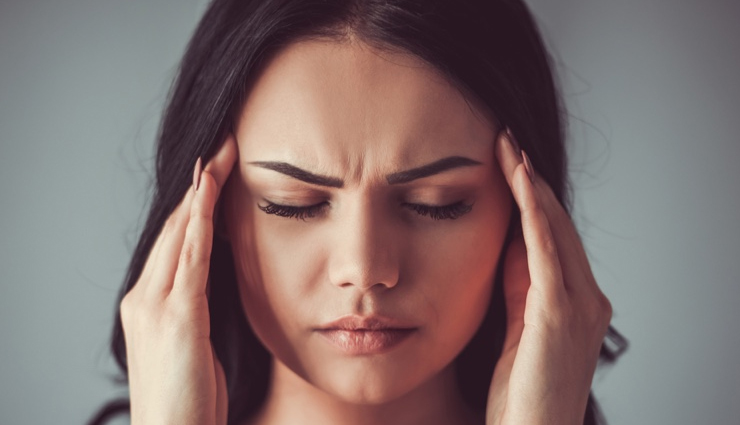
# Stress Level
There is established medical evidence indicating that both physical and psychological stress can have adverse effects on the growth of your hair. Stress can initiate a condition known as Telogen Effluvium, where your hair prematurely enters the telogen phase (the resting phase), resulting in a complete halt of approximately 30% of its growth. While this condition typically doesn't necessitate medical intervention and typically resolves within six months, it does disrupt your hair growth cycle and lead to hair loss. The interruption or cessation of hair elongation can be attributed to stress or environmental factors.
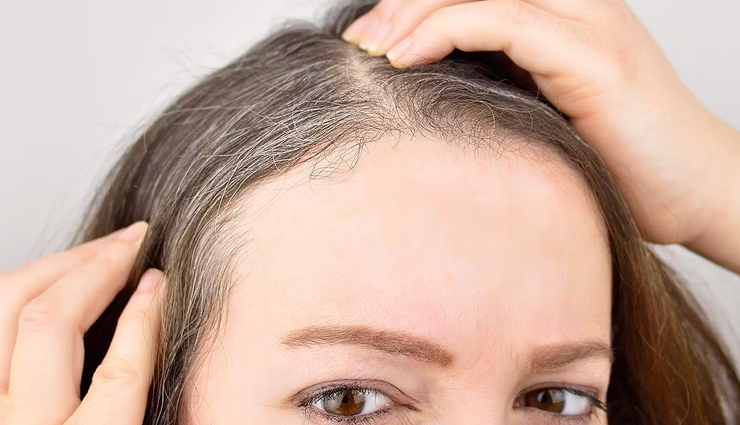
# Age
The process of aging doesn't just result in gray hair; it also exerts an impact on hair growth. This occurs because the anagen phase, which is responsible for hair growth, tends to become shorter as one ages, eventually leading to follicle dormancy. Furthermore, your physical well-being and dietary habits, coupled with a lifetime of hair styling experiments, including processes such as dyeing, bleaching, and treatments, can significantly influence your hair growth cycle. In essence, the maturation of hair can influence the hair growth cycle. As we grow older, hair follicles become less active, which in turn contributes to follicle decline and a deterioration in scalp health.
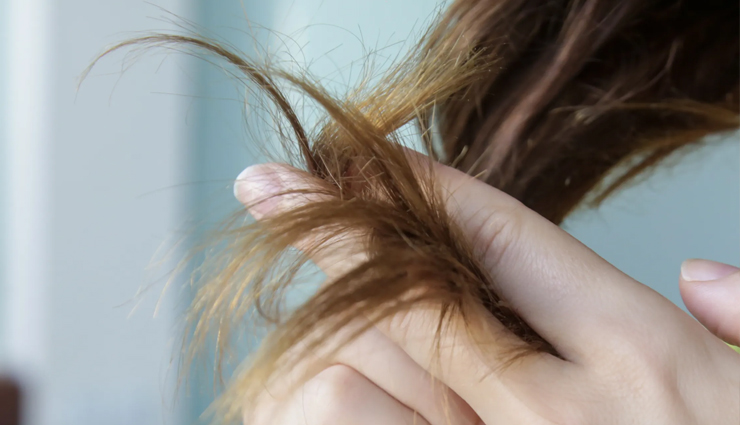
# Hair Breakage
Typically, the average individual experiences hair growth at a rate of approximately 6 inches per year. If you notice that your hair remains the same length over a certain period, it may be prone to breakage. This condition is often referred to as a growth plateau and is quite common.
Hair breakage can be attributed to both insufficient and excessive care practices. Excessive use of heat styling and overprocessing can strip the hair of its moisture and elasticity, resulting in dryness and brittleness, ultimately leading to breakage.
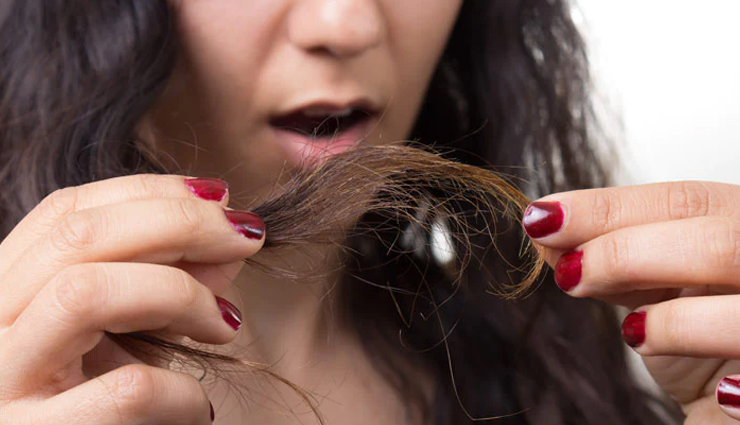
# Split Ends
Individuals with dry hair are often prone to developing split ends. When your hair doesn't receive sufficient nutrients to maintain moisture balance, the ends of your hair may begin to split, leading to breakage. Unfortunately, once split ends occur, they cannot be reversed, and the only effective way to prevent them from causing further damage to your hair is to trim them. To prevent split ends and subsequent breakage, it's crucial to provide proper care and nourishment for your hair.

# Hairstyles And Styling Products
The chemical treatments, products, and procedures employed in hairstyling play a significant role in determining the health and growth of your hair. Accumulation of oils and styling products on your scalp can block hair follicles, obstructing hair growth and potentially disrupting its development.
Elaborate hairstyles that involve extensive combing, tightly pulling your hair, and the application of serums can also result in hair damage. Excessive styling and the use of chemical products not only hinder hair growth but can also give rise to scalp conditions that may lead to permanent hair loss or follicle damage. Additionally, changes in scalp health, such as dandruff or the presence of infections like psoriasis, can likewise impede hair growth.
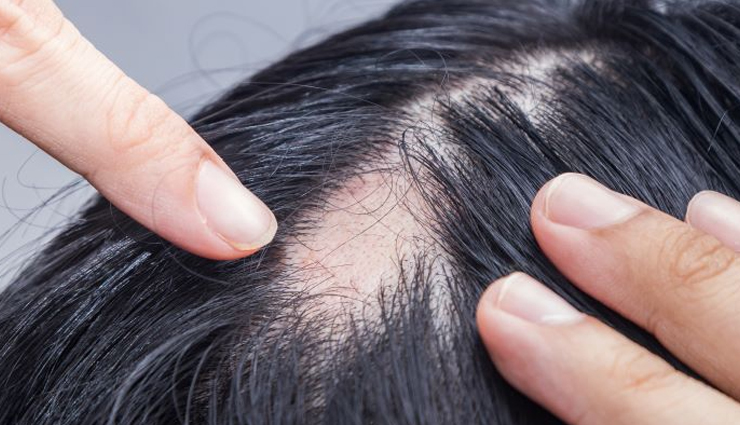
# Alopecia Areata
Alopecia areata is classified as an autoimmune disorder where the immune system mistakenly targets the cells within your hair follicles, resulting in the loss of hair in distinct patches. In some cases, it can even lead to the cessation of hair growth and the death of hair follicles.
Researchers posit that there may be a genetic component to this condition, and individuals with a history of hay fever, vitiligo, Down syndrome, pernicious anemia, asthma, and thyroid disorders have an elevated risk of developing it. Nonetheless, effective treatment options such as medication and phototherapy are available to manage this condition.




-1714299702-lb.jpg)
